Scotland is ageing – and fast. While longer lives are a testament to progress, they also reveal growing cracks in care services, workforce sustainability and rights-based support for older people. Gaps in provision, pressures on unpaid carers and fractured funding arrangements pose urgent questions about quality, fairness and continuity of care. Therefore, we must reconsider how we deliver, fund and reform care for older people across Scotland’s public, private and third sectors.
The care of older people stands at a critical crossroads. With a population aged over 75 projected to increase by nearly 30% by 2030, existing care infrastructure – already under immense strain – faces new and escalating demand. Unpaid carers remain essential yet undervalued, while staff recruitment and retention in professional care continue to suffer from low pay and limited progression.
The Scottish Government’s National Care Service proposals marked potential for a major policy shift, but clarity on local delivery, accountability and funding remains elusive. Meanwhile, care homes, home care and community health services are all seeking stability amidst reforms, workforce shortages and rising expectations.
Older people and their families require care that is not only safe and compassionate, but also person-centred and consistent, regardless of postcode. Questions of equity, dignity, independence and human rights are now central to Scotland’s care debate.
This conference will bring together health and social care policy, delivery, advocacy and inspection to reflect on Scotland’s current system and chart future reform that works in practice – and not just in policy.
This conference examines the challenges we face in providing consistent high quality care for older people in Scotland against the backdrop of multiple population, financial and service delivery pressures. It will focus on three themes:
Topics to be discussed
Who should attend
This conference will be relevant for anyone involved in the care and support of older people in Scotland in home, medical, residential, care and other settings. This includes:
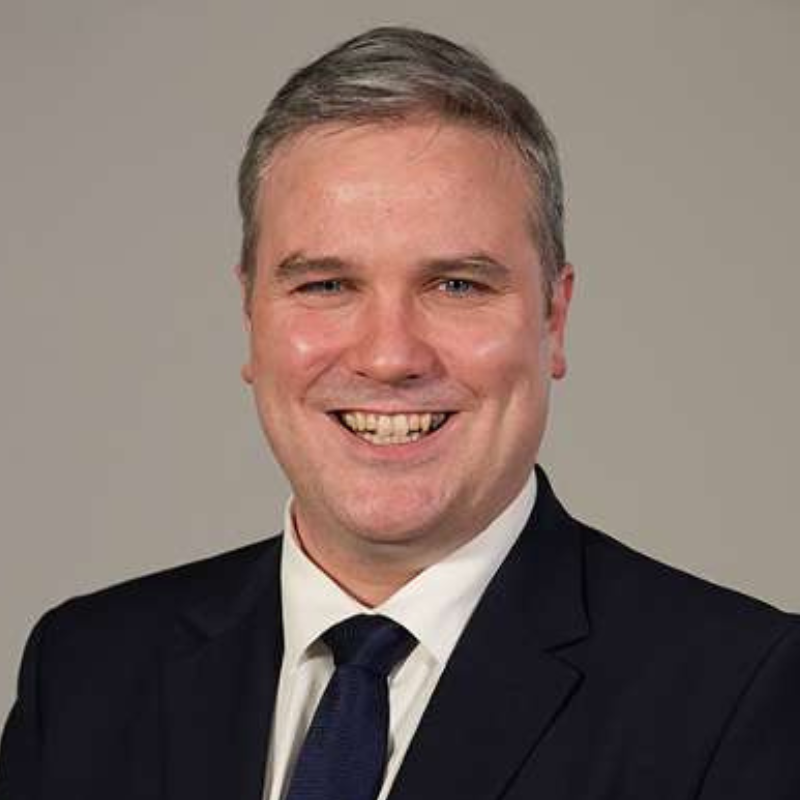
Minister for Social Care and Mental Wellbeing
Scottish Government
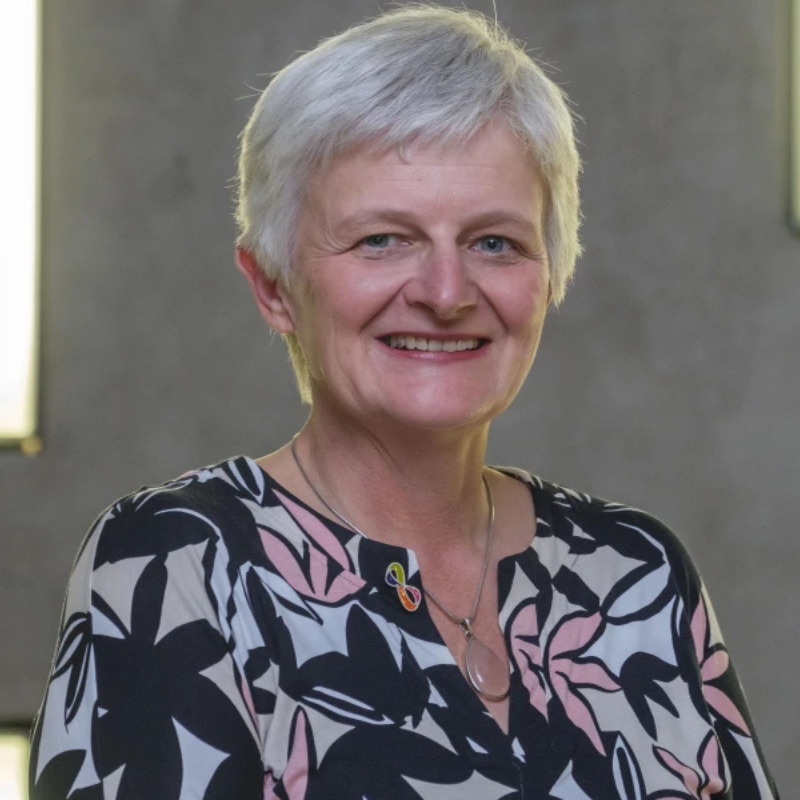
Chief Executive
Age Scotland
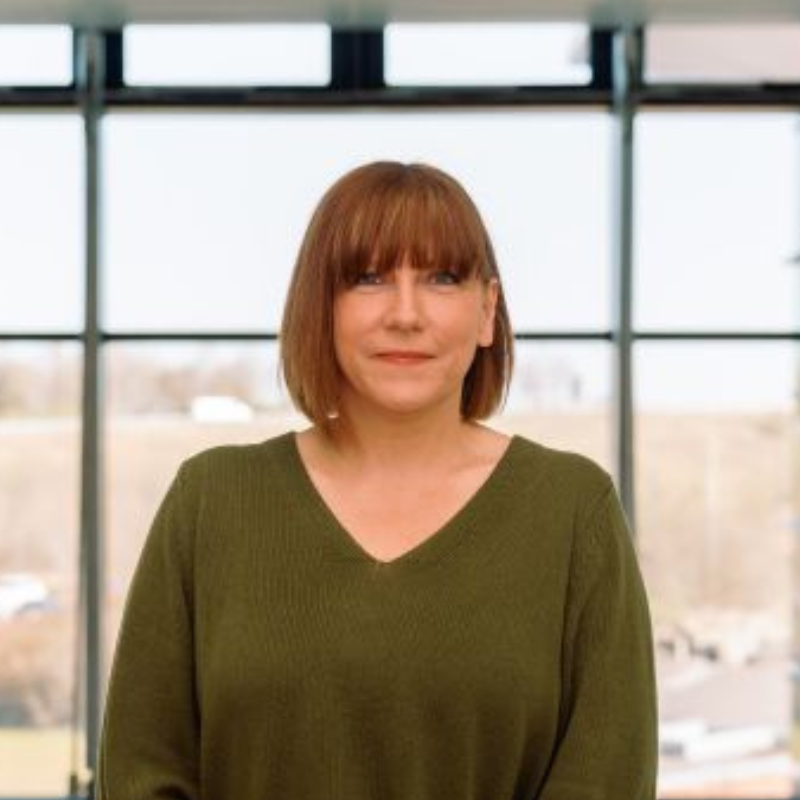
Chief People Officer
Enable

Care and Wellbeing Innovation Advisor
Digital Health and Care Innovation Centre
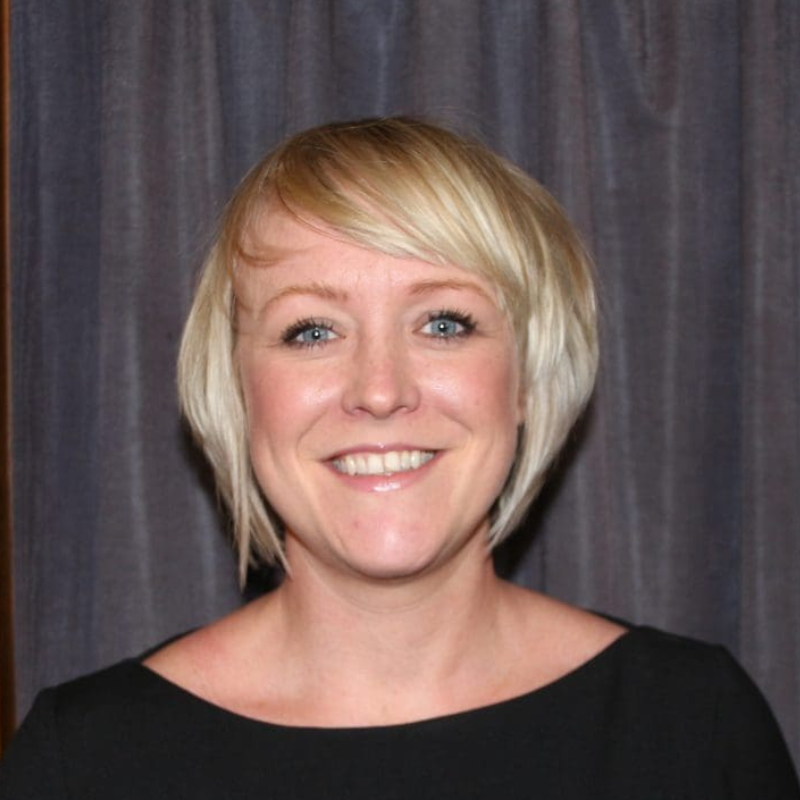
Chief Operating Officer
NHS Dumfries and Galloway
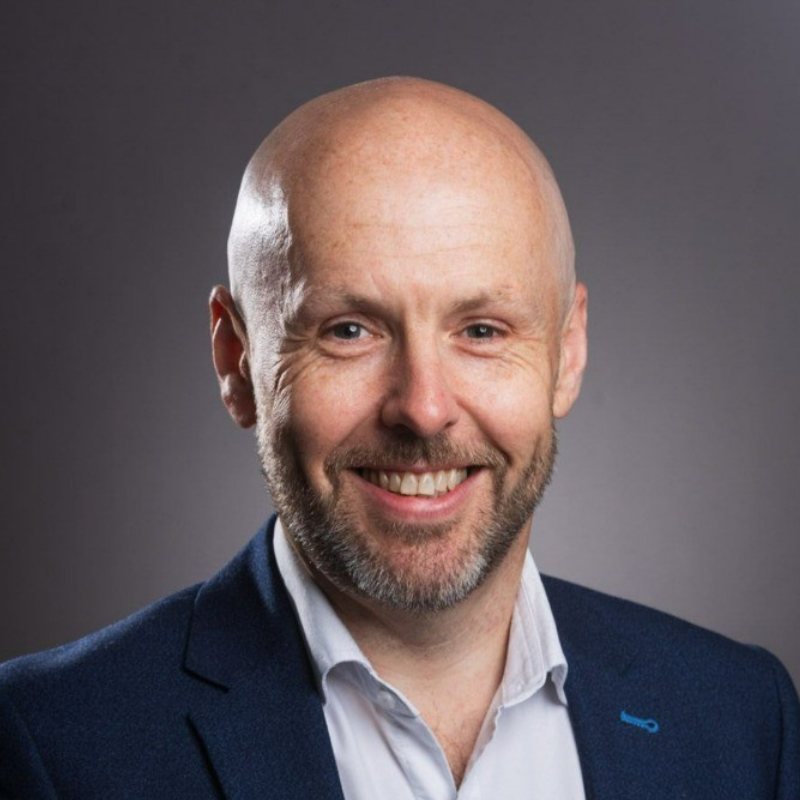
Interim Chief Officer
Dumfries and Galloway Health and Social Care Partnership
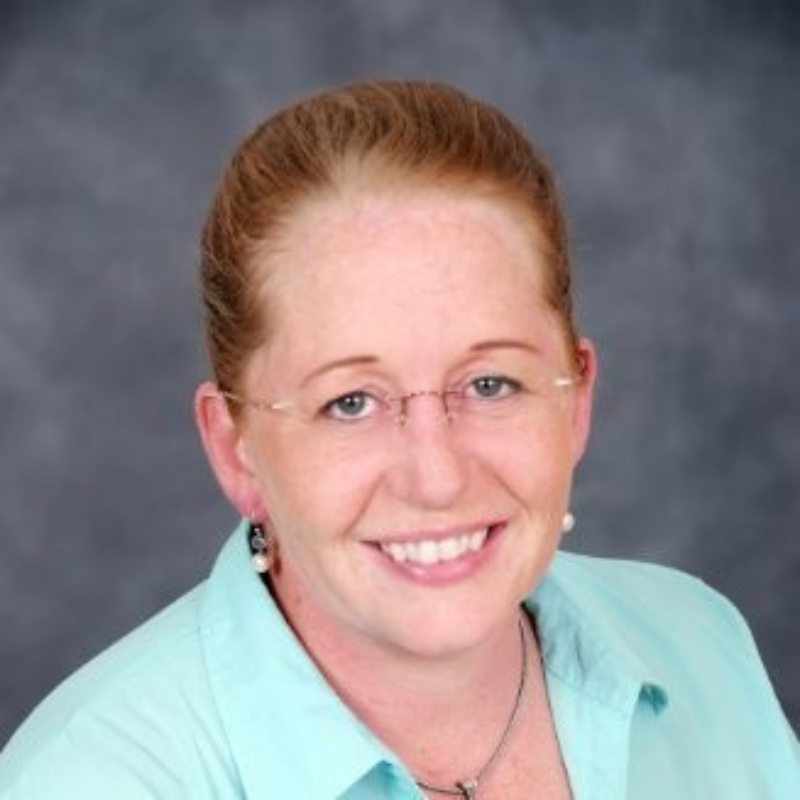
Professor in Ageing and Health
Glasgow Caledonian University

Consultant Clinical Psychologist, Lead for Older Adult Psychology Services and Clinical Director for Older Adult Mental Health Services
NHS Grampian

Head of External Affairs
Carers Trust Scotland
09:25 Chair's opening remarks
Katherine Crawford, Chief Executive Officer, Age Scotland
agescotland
Session 1: Delivering care and support for older people – systems under pressure
09:30 Keynote speaker
Tom Arthur MSP, Minister for Social Care and Mental Wellbeing, Scottish Government
scotgov scotgovhealth DigiCare4Scot
09:45 Question and answer session
09:55 Home care under pressure – workforce, demand, and delivery
Gareth Marr, Interim Chief Officer, Dumfries and Galloway Health and Social Care Partnership and Nicole Hamlet, Chief Operating Officer, NHS Dumfries and Galloway
DGNHS
10:10 Integrated health and social care – promises and pitfalls
Nicole Hamlet, Chief Operating Officer, NHS Dumfries and Galloway and Gareth Marr, Interim Chief Officer, Dumfries and Galloway Health and Social Care Partnership
DGNHS
10:25 Question and answer session
10:40 Comfort break
Session 2: Rights, older people voices and the role of unpaid carers
10:55 Unpaid carers – the invisible workforce
Paul Traynor, Head of External Affairs, Carers Trust Scotland
CarersTrustScot
11:10 Listening to older people’s voices in care reform
Tricia Donnelly, Chief People Officer, Enable
Enable_Tweets
11:25 Question and answer session
11:40 Comfort break
Session 3: New challenges in adapting older people care to changing needs
11:55 Digital inclusion and assistive technologies
Dr Tara French, Care and Wellbeing Innovation Advisor, Digital Health and Care Innovation Centre
12:10 Mental health and wellbeing in later life
Dr Victoria Thomson, Consultant Clinical Psychologist, Lead for Older Adult Psychology Services and Clinical Director for Older Adult Mental Health Services, NHS Grampian
12:25 Preventing frailty and promoting healthy ageing
Prof. Dawn Skelton, Professor in Ageing and Health, Glasgow Caledonian University
CaledonianNews
12:40 Question and answer session
12:55 Chair's closing remarks
Katherine Crawford, Chief Executive Officer, Age Scotland
agescotland

Tom Arthur MSP
Minister for Social Care and Mental Wellbeing
Scottish Government
Born in Paisley in 1985, he was first elected to the Scottish Parliament for the seat of Renfrewshire South at the 2016 election, holding the seat in 2021. He joined the Scottish Government as Minister for Public Finance, Planning and Community Wealth in May 2021.
Mr Arthur was raised in Barrhead, East Renfrewshire, where he was educated at Cross Arthurlie Primary and Barrhead High School. He graduated with a Bachelor of Music then later Master of Music from the University of Glasgow. Before entering politics, he worked as a company director, freelance piano teacher and keyboardist. He was appointed as Minister for Community Wealth and Public Finance in March 2023 and Minister for Employment and Investment in May 2024.

Katherine Crawford
Chief Executive
Age Scotland
Katherine joined Age Scotland as Chief Executive Officer in July 2023, bringing 20 years of experience in the charity sector working with Parkinson’s UK. Katherine has seen first-hand the challenges older people can face through that work and it is seeing the impact of charities like ours that energises and inspires her.
Bringing experience of influencing and campaigning at the Scottish government, working with volunteers and colleagues in developing and delivering services to benefit people wherever they live, Katherine is keen to ensure every single older person in Scotland is confident that their voice is heard and knows that Age Scotland is here for them.
Living in Fife with her husband, she enjoys getting out to the beach with her lively re-homed Labrador and playing lots of social tennis. Katherine has one son, who is bouncing between home and college.

Tricia Donnelly
Chief People Officer
Enable
As Chief People Officer at Enable, Tricia leads on the continued evolution of people, culture, quality, and workforce systems with a deep-rooted commitment to human rights, inclusion, and human potential.
With over 25 years of senior leadership experience across the third, and independent sectors, Tricia has a strong track record of driving transformation through values-led leadership, workforce development, and system-wide collaboration. She has held executive director and Trustee board-level roles in social care and education, always with a focus on creating the conditions where people and organisations can thrive.
Tricia is a registered health professional and cognitive behavioural practitioner, with a Master’s in Vulnerability and Leadership - awarded with Distinction and the University Court Medal for Academic Excellence - and a Chartered Fellow of the CIPD.
Ensuring the voice of people who are supported by social care services is heard and acted on is a priority for Tricia – not just in how services are delivered, but to shape a more inclusive society. Enable’s award winning and pioneering Personal Assistant model is a powerful example of this vision in action - enabling people to live the life they choose and setting a new standard.

Dr Tara French
Care and Wellbeing Innovation Advisor
Digital Health and Care Innovation Centre
Tara is passionate about genuine co-design and human rights based approaches to delivering sustainable transformation in social care and health, with a focus on equality and inclusion.
She has an interdisciplinary background in academia, policy and practice and her work has spanned all sectors of health and social care - NHS, social care, third and independent, government, academia and industry partners.
Tara is known for thought leadership in digital social care and health, where her collaborative work has led to the creation of the 'Care Technologist' role in Social Care, the co-production of human rights principles for digital health and care and has contributed to driving forward the value of person-owned data and social care data in service design.
She has expertise in leading large scale, complex transformation programmes using a combination of strategic, systems and service design, and change management approaches. Her experience lies predominantly within health and social care transformation having spent over a decade working with all sectors in Scotland on national and local programmes mainly in the context of digital innovation and health and social care integration.
Tara is a regular contributor to national and international conferences, events and webinars as a chair, panelist, invited speaker. Published work includes over 70 academic outputs and a range of frameworks, visions and provocations e.g.
https://www.dhi-scotland.com/resources/digital-imagination%E2%80%99-series%3A-imagining-a-future-virtual-clinic-experience
She is also an experienced choir leader and community musician. Since 2010 she have led a community choir, Sing for Life Speyside, back in her hometown. The choir brings together people from across Speyside and Moray and aims to support wellbeing through social connection and singing.

Nicole Hamlet
Chief Operating Officer
NHS Dumfries and Galloway
Nicole’s journey with NHS Dumfries & Galloway began in 2004 when she joined as a Human Resources Officer, driven by a deep belief in the NHS and its founding principles. Her passion for people and service led her into General Management in 2007, where she took on leadership within the Acute & Diagnostics Directorate—supporting services across Dumfries and Galloway Royal Infirmary and the Galloway Community Hospital in Stranraer. With responsibility for around 2,200 staff and a budget of £100 million, Nicole quickly became known for her collaborative and people-focused approach.
From 2019 to 2023, she served as Deputy Chief Operating Officer/ Deputy Chief Officer, followed by a term as Interim Chief Officer until 2025. In September 2025, Nicole was appointed Chief Operating Officer, where she continues to lead with integrity, compassion, and a clear vision for high-quality care.
Nicole is committed to an open, visible, and transparent management style. She has built a strong tripartite leadership model that brings together general management, nursing, and medical divisions—fostering teamwork and shared accountability across the organisation.
Her dedication and impact were recognised nationally when she was awarded the IHM Scottish Healthcare Manager of the Year in 2015. Nicole firmly believes that it’s the quality and commitment of people that make the NHS exceptional, and through her strong experience of whole system working, she continues to champion staff development, patient-centred care, and system-wide improvement.

Gareth Marr
Interim Chief Officer
Dumfries and Galloway Health and Social Care Partnership
Gareth is a passionate and experienced healthcare leader who’s spent over 15 years working across the UK and Australia, always with a focus on improving services and supporting people’s wellbeing. He’s currently the Interim Chief Officer at Dumfries and Galloway Health and Social Care Partnership, where he’s helping to shape the future of integrated health and social care in the region.
Before stepping into this role, Gareth served as Deputy Chief Operating Officer, and prior to that, led major improvement work in mental health and learning disabilities at Aneurin Bevan University Health Board. His time there included both strategic programme leadership and hands-on operational management—roles he took on with energy and commitment.
Gareth’s career has taken him from consultancy work with Lightfoot Solutions, where he supported healthcare organisations to improve performance, to frontline leadership in South Eastern Sydney Local Health District in Australia. There, he managed clinical operations and patient safety across mental health services, gaining valuable international experience.
Earlier in his career, Gareth worked with Healthcare Improvement Scotland and the Care Commission, where he was deeply involved in inspection, regulation, and safeguarding. He also spent time as a Mental Health Nurse Practitioner with NHS 24, supporting people in crisis and helping them navigate complex challenges.
Throughout his journey, Gareth has built a reputation for being thoughtful, collaborative, and deeply committed to making services better for the people who rely on them. Whether leading teams, driving improvement, or supporting frontline care, he brings a grounded, compassionate approach to everything he does.

Dawn Skelton (Professor)
Professor in Ageing and Health
Glasgow Caledonian University
Dawn Skelton is Professor of Ageing and Health in the Department of Physiotherapy and Paramedicine. She is a member of the Falls and Frailty programme within the Ageing Well Research Group. She is a Fellow of the Royal College of Physicians of Edinburgh and an Honorary Fellow of the Chartered Society of Physiotherapy.
As an Exercise Physiologist, she has a keen interest in exercise rehabilitation within a falls prevention scope, from the hospital-based physiotherapy delivery to the community-based specialist exercise instructor provision. Her current research ranges from motivation and patient preference to engaging the very frail, increasing adherence to long-term exercise and working with the pre-frail to prevent poor outcomes later. Implementation, fidelity and quality of evidence-based interventions when delivered in different settings is also her passion. Whilst specialising in randomised controlled trials, she often leads mixed methods studies (including the MRC-funded Seniors USP: Understanding Sedentary Patterns) and is a lead and co-author on multiple Cochrane Systematic Reviews.
Recent research includes NIHR-funded programme grants in exercise as an intervention for frailty (HomeHealth), falls prevention (VIOLET, PhISICAL, Innovate UK MIRA). Work on co-creation to improve acceptability has been funded by Wellcome (Strong and Balanced Offer) and EC Horizon 2020 ITN (HealthCascade). She works closely with colleagues in Norway and Ireland on exercise following discharge from hospital and those receiving care at home, and colleagues in Sweden on smartphone provision of falls prevention exercise.
Current doctoral supervision includes a range of projects related to falls and frailty, such as conveyance to hospital following a fall, functional decline in hospital-at-home settings, functional fitness in older adults, and physiotherapy student led exercise as part of a falls pathway.
She chaired the Royal Osteoporosis Society’s Statement on Exercise and Osteoporosis (2018) and the Older People Panel for the UK’s update of the Physical Activity for Health Guidelines (2019). She is currently Chair of the British Geriatrics Society Rehabilitation Group and is part of the Community Rehabilitation Alliance and the National Falls Prevention Co-ordination Group within Public Health England. She is a member of the Scientific Advisory Board for the Older People and Frailty Policy Research Unit (OPFPRU) funded by the NIHR.
She recently received the British Geriatrics Society Marjory Warren Lifetime Achievement Award for her work in translating falls prevention research into practice. She has also been honoured with an honorary medical doctorate (MD) from Umea University for her work in functional exercise with older people. She is also Director of the not-for-profit training company Later Life Training.
Dawn is also an Honorary Professor with NHS Lanarkshire, where she is a member of the Falls Prevention Strategy Group.
Her research interests includes falls and fracture prevention, sedentary behaviour interventions, frailty, foot health and vision in relation to falls, behavioural strategies, motivation to exercise, implementation science, quality of life, and older adults.
You can watch her Professorial Lecture You can't teach an old dog new tricks - or can you? by clicking on the link.

Dr Victoria Thomson
Consultant Clinical Psychologist, Lead for Older Adult Psychology Services and Clinical Director for Older Adult Mental Health Services
NHS Grampian
Dr. Thomson is a Consultant Clinical Psychologist with a specialist interest in the mental health of older people and people living with dementia, their families, and carers. She holds a BSc from the University of Glasgow and a Doctorate in Clinical Psychology from the University of Edinburgh.
With extensive clinical experience supporting older people and those living with cognitive impairment, Dr. Thomson combines compassionate practice with strategic leadership. She has significant experience in national leadership roles, including responsibility for the design and delivery of national training programmes and the provision of national clinical leadership to improvement and organisational change programmes aimed at enhancing psychological and trauma informed and responsive services across Scotland.
Currently serving as Clinical Director for Older Adult Mental Health Services in NHS Grampian, Dr. Thomson oversees provision across three integrated health and social care partnerships. She is a strong advocate for equity of access to psychological care and treatments, as well as wider mental health services for these populations. Her work bridges clinical excellence and system-wide innovation, driving improvements in mental health care for aging populations.

This conference takes place online.
How to book
You can book to attend in 3 ways:
Conference fees
Please note – It is not permissible to share the recording. Please contact us if you wish to share it. See our terms and conditions for further information.
Payment
We do not currently accept payments online and will send you an invoice.
You have the option to pay by bank transfer or card.
Bank details will be included on the invoice.
If you wish to pay by card, please tick the appropriate box on the booking form and a member of our staff will contact you by telephone to take the payment. Alternatively you may call 0131 556 1500.
Terms and conditions
By placing this booking, you agree to the full terms and conditions found via the link at the foot of our website.
Book delegate places or purchase video recording.

